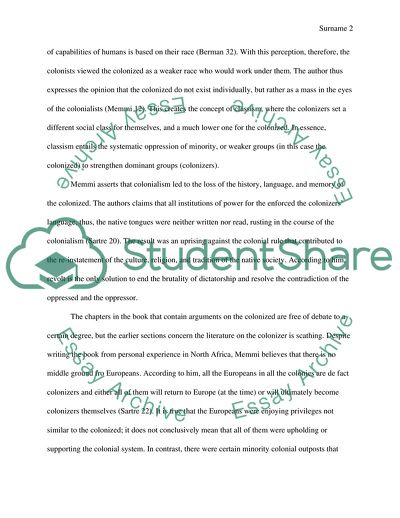Cite this document
(Racism classism sexism heterosexism, ableism Book Report/Review, n.d.)
Racism classism sexism heterosexism, ableism Book Report/Review. https://studentshare.org/philosophy/1763201-racism-classism-sexism-heterosexism-ableism
Racism classism sexism heterosexism, ableism Book Report/Review. https://studentshare.org/philosophy/1763201-racism-classism-sexism-heterosexism-ableism
(Racism Classism Sexism Heterosexism, Ableism Book Report/Review)
Racism Classism Sexism Heterosexism, Ableism Book Report/Review. https://studentshare.org/philosophy/1763201-racism-classism-sexism-heterosexism-ableism.
Racism Classism Sexism Heterosexism, Ableism Book Report/Review. https://studentshare.org/philosophy/1763201-racism-classism-sexism-heterosexism-ableism.
“Racism Classism Sexism Heterosexism, Ableism Book Report/Review”. https://studentshare.org/philosophy/1763201-racism-classism-sexism-heterosexism-ableism.


